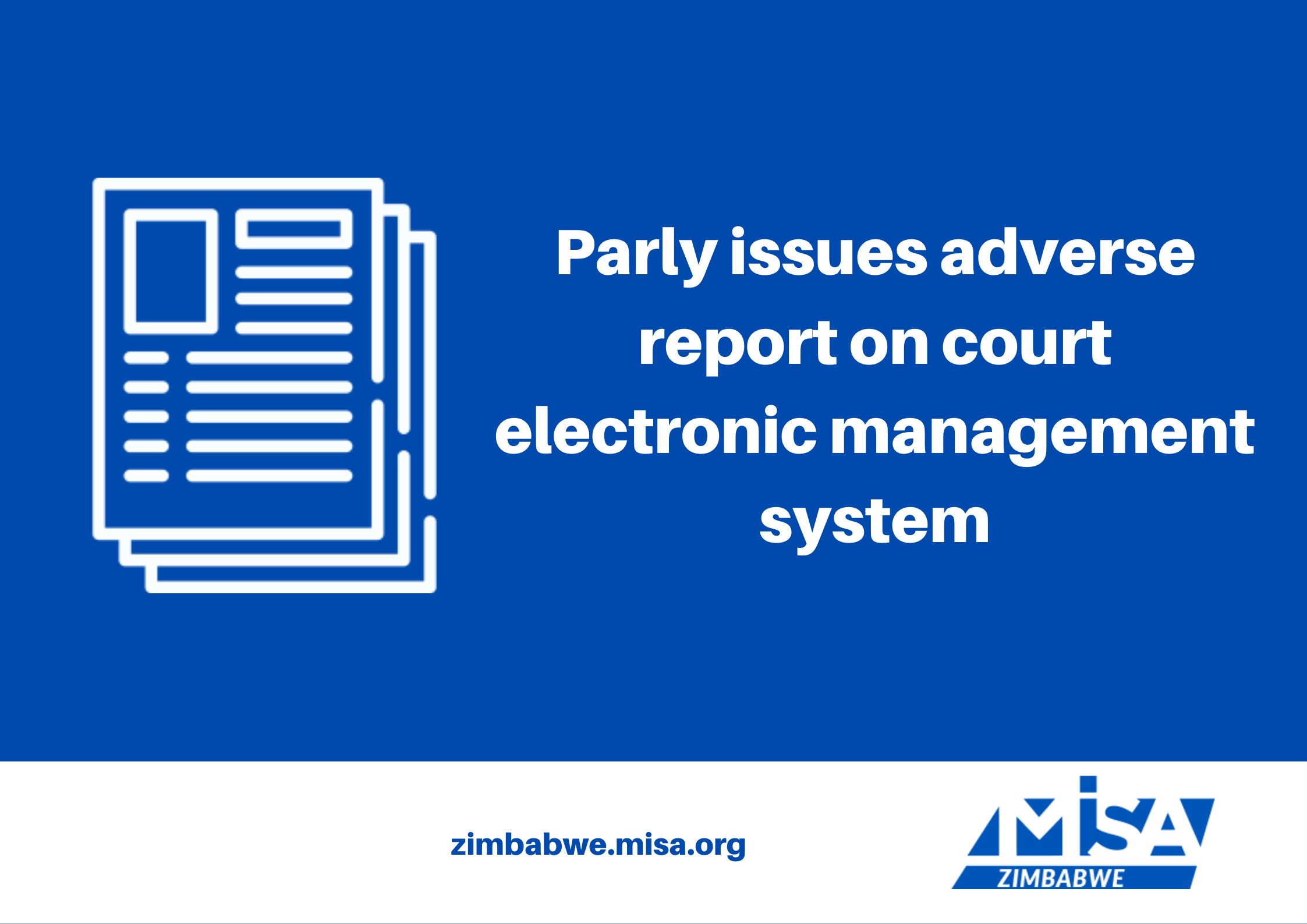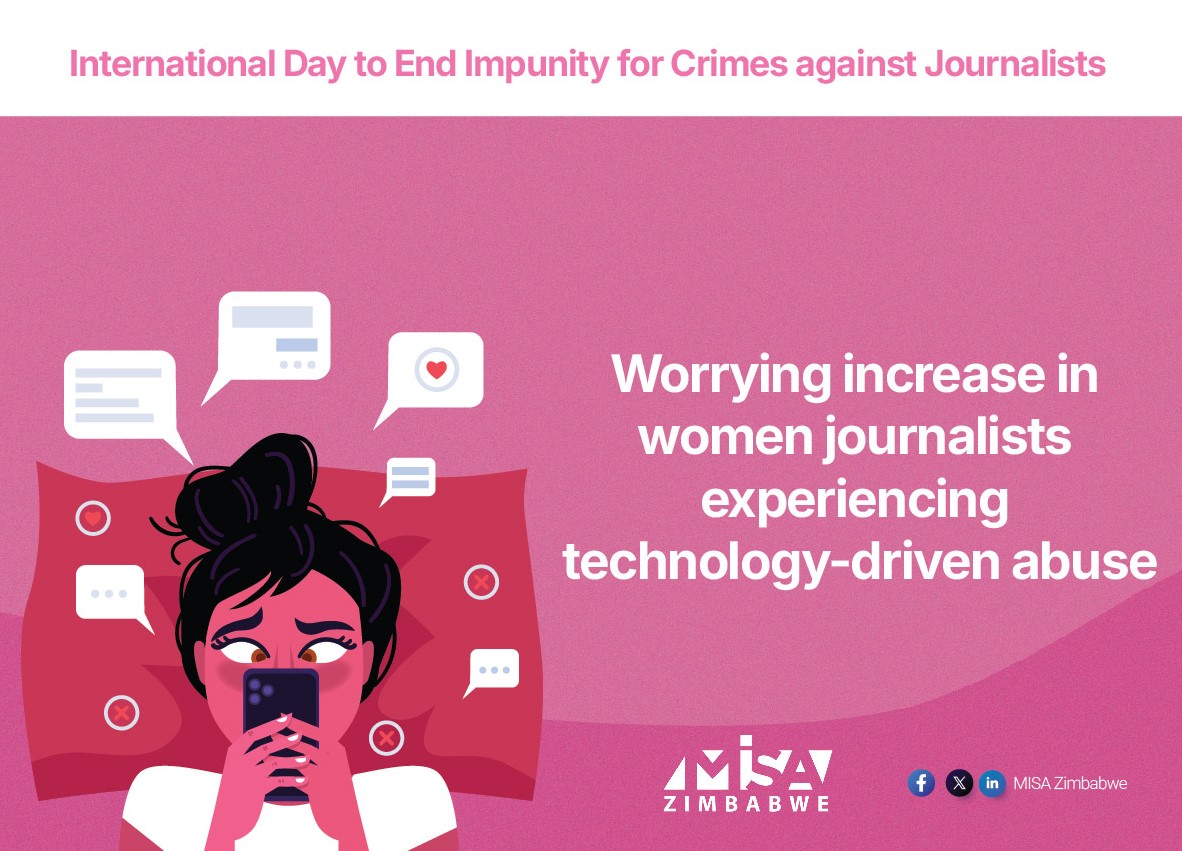The Parliamentary Legal Committee has issued an adverse report on Statutory Instrument 153 of 2023 High Court (Amendment) Rules, 2023 (NO.1), which relates to the Judicial Service Commission’s Integrated Electronic Case Management System (IECMS).
The Committee met on 23 November 2023 and unanimously resolved to issue an adverse report on the Statutory Instrument (SI).
Among other areas of concern, the Committee cited sections of the SI that violate the right to administrative justice, fair hearing, and equitable treatment of all officially recognised languages.
The IECMS in Section 2 of SI 153 of 2023 is defined as:
The electronic platform operated by the Judicial Service Commission to enable litigants in the High Court to file and serve process electronically, pay court fees electronically, track their cases electronically, and participate virtually in the proceedings of the court.
In its report, the Committee noted that the amendment provides for the IECMS, an online platform designed to digitalise the litigation process adopted by the Judicial Service Commission in February 2022.
This transformation of judicial operations from analogue to digital was done to expedite justice delivery in line with global trends.
The Committee said investments in technology must precede the successful adoption of IECMS to ensure uninterrupted Internet connectivity by litigants and their representatives.
Section 4 of the SI, among others, states that initial summons may be done physically, while all subsequent pleadings, notices of set-down and court orders shall be done electronically on the IECMS platform.
“It is the Committee’s view that this development did not fully consider the technological development in Zimbabwe, ease of access to the internet or our socio-economic environment, bearing in mind that most of our population live in the country’s rural areas.
“The Committee opined that the amended rule 15 violates sections 68 and 69 of the Constitution. That is the Right to administrative justice and a fair hearing.”
It further noted that there is no participation by the public in the proceedings with the cases being heard online, which affects “the democratic nature of fair hearings”.
Noting that internet access is strongest in cities, the Committee said only some in Zimbabwe have access to or own an electronic gadget that allows them to file electronically. Other challenges include poor internet connections in most parts of the country, “which are not yet within the ease of reach and convenience of the ordinary citizens”.
“Further, it also infringes on the right to a fair hearing as the language of instruction on the IECMS is English, affecting those who do not speak English. This affects the respect of section 6 of the Constitution, which requires the state and all government agencies to ensure that all officially recognised languages, are treated equitably.”
On the expedition of justice delivery, the Committee said this has generally not been the case since the commencement of IECMS, noting that virtual hearings take longer than physical hearings due to lack of or poor internet connectivity and availability of electricity.
“In addition, the cost of internet services is prohibitive, and requesting every litigant to file on the IECMS is unconstitutional as it excludes most litigants since they cannot afford internet services.”
The Committee said the powers given to the Registrar, who regulates every step in filing and managing cases on the system, are “obtrusive” as they intrude on judges’ functions.
“The regulations seek to clothe the Registrar with a lot of power as he can now decide whether the papers filled are proper or not,” the Committee said.












